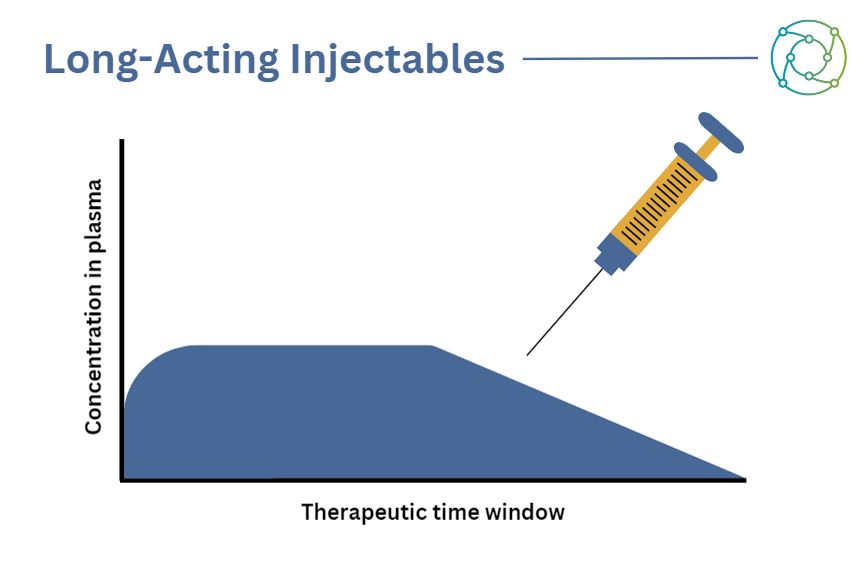Long-Acting Injectables: Machine Learning in Drug Formulation and Therapeutic Development

Long-acting injectables could be optimised by machine learning (ML) models for design and formulation properties.
Researchers from the University of Toronto have successfully tested the use of ML models to accelerate drug formulation, which could help to reduce the time and cost associated with drug development.
The study — published in Nature — represents a ‘critical step’ in the journey towards data-driven drug formulation, with a significant focus on long-acting injectables.
Christine Allen, one of the researchers at the University of Toronto who led the project, said that ML approaches had enabled ‘incredible advances’ in the discovery of new molecules that have the potential to become machines.
“We are now working to apply the same techniques to help us design better drug formulations and, ultimately, better medicines,” she said in Genen News.
Long-Acting Injectables: A Different Breed of Therapeutic
As a class of advanced drug delivery systems, long-acting injectables are designed to release their cargo over extended periods of time in order to achieve a prolonged therapeutic effect.
There are several advantages that long-acting injectables hold over conventional drug formulations, including greater drug bioavailability and increased patient compliance.
In addition, these advanced drug delivery systems can be engineered to provide either local or systemic drug exposure over a prolonged period, making them ideal formulation strategies for the treatment of chronic diseases.

However, across the past two decades only 30 polymeric long-acting injectables have received regulatory approval, meaning their market potential has yet to be fully realised.
The conventional ‘trial and error’ approach to development has created a significant bottleneck in comparison with more conventional approaches to drug formulation.
Acceleration of Long-Acting Injectable Development Through Machine Learning
As Allen’s research team in Toronto found, machine learning tools have the potential to provide the solution to this bottleneck.
To validate machine learning tools for predicting rates of drug release, the research team trained and evaluated 11 different models.
As a next step, the team applied these predictions to illustrate how machine learning models may be used to inform the development of new long-acting injectables.
- How can AI/ML approaches help to move compounds towards regulatory approval?
- Navigating formulation approaches for biologics
- Expert insights into biotherapeutic formulation challenges
Afterwards, the drug release rate was tested and further validated, with the identification of the desired slow-release rate ensuring prolonged drug bioavailability.
Once the model has been trained, researchers can interpret the machine’s learnings and use them to develop design criteria for new systems.
This is one of many examples of an industry set to be transformed by AI and machine learning, with drug discovery ready to be accelerated by multidisciplinary research.
Get your weekly dose of industry news and announcements here, or head over to our Formulation portal to catch up with the latest advances in manufacture and therapeutic delivery.







